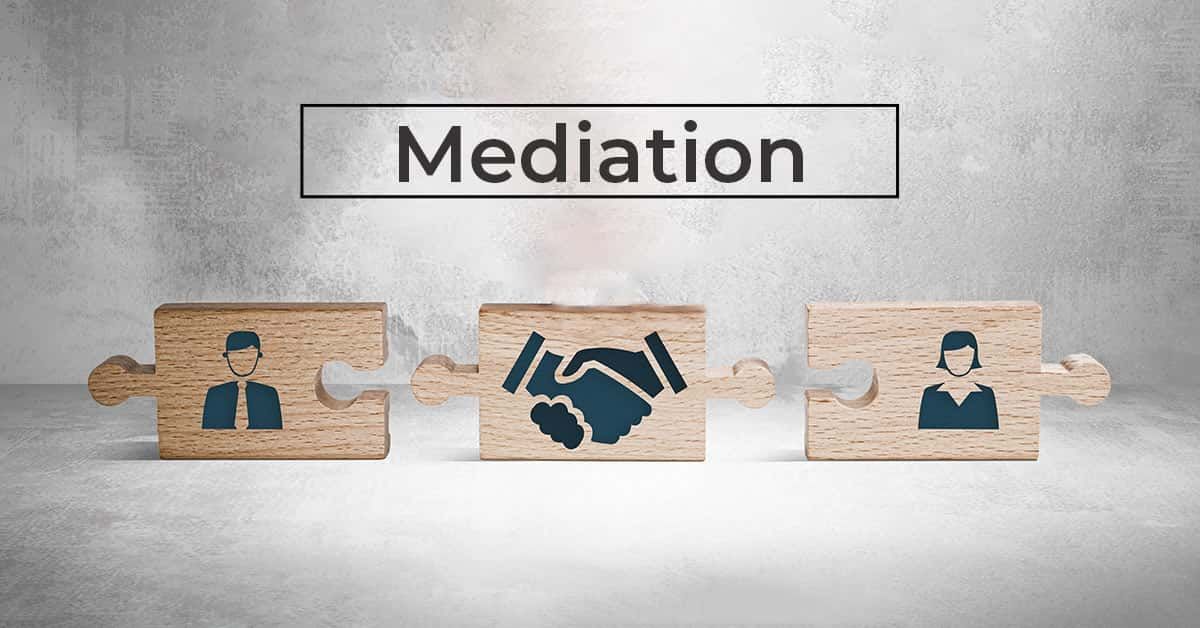The Art of Negotiation: Tips from a Mediation Expert

Negotiation is not just about getting what you want—it's about finding common ground, building relationships, and crafting solutions that benefit all parties involved. Whether you're discussing a business deal, resolving a conflict with a coworker, or deciding where to go on vacation with your partner, negotiation is a daily part of life.
To master the art of negotiation, we turned to insights from a seasoned mediation expert. With years of experience helping people navigate conflict and reach mutual agreements, they offer timeless strategies that anyone can apply. Here are some of their top tips:
1. Prepare with Purpose
Before entering any negotiation, preparation is key. This means understanding:
- Your goals: What do you really want? What’s non-negotiable?
- The other party’s goals: What might they value most? What are their constraints?
- The context: Are there external pressures, deadlines, or relationships to consider?
A mediator always enters the room with a clear picture of all stakeholders’ needs, allowing them to guide discussions with clarity and empathy.
2. Listen Actively and Empathetically
True negotiation isn’t just about talking—it’s about listening. Active listening involves:
- Nodding or giving verbal cues to show you’re engaged
- Summarizing the other person's points to ensure understanding
- Asking open-ended questions to explore their perspective
A mediation expert emphasizes that people are more willing to compromise when they feel heard and respected.
3. Manage Emotions—Yours and Theirs
Emotions are natural in negotiation, especially when stakes are high. A skilled negotiator:
- Stays calm and composed under pressure
- Recognizes emotional triggers and avoids escalating conflict
- Helps others regulate their emotions by staying empathetic and non-reactive
The mediator’s advice? "Don’t aim to win the argument; aim to win trust."
4. Focus on Interests, Not Positions
Positions are what people say they want; interests are why they want them. For example:
- Position: "I need a 10% raise."
- Interest: "I want to feel recognized and secure in my role."
By uncovering interests, you open the door to more creative solutions. Mediation often involves reframing problems in a way that aligns both parties’ deeper needs.
5. Know Your BATNA
BATNA stands for Best Alternative to a Negotiated Agreement. It’s your fallback plan if negotiations fail. Knowing your BATNA gives you confidence and prevents you from accepting a poor deal.
The expert reminds us: “A strong BATNA is like a safety net. It keeps you grounded.”
6. Be Willing to Walk Away
Sometimes, the best negotiation is the one you don’t finalize. If the terms aren’t fair, or the relationship is too damaged to continue productively, it’s okay to walk away. The key is knowing in advance what your red lines are—and respecting them.
7. Aim for Win-Win Outcomes
The best negotiators don’t aim to dominate—they aim to collaborate. A win-win outcome:
- Strengthens relationships
- Builds trust for future negotiations
- Leaves all parties feeling valued
Mediators are trained to help people see that mutual benefit is not only possible—it’s often easier to achieve than expected.
Need Help Navigating a Dispute?
If you're seeking mediation, Bennett Law & Mediation Services is here to support you. Give us a call today to schedule a consultation—let's find a resolution that works for everyone.









